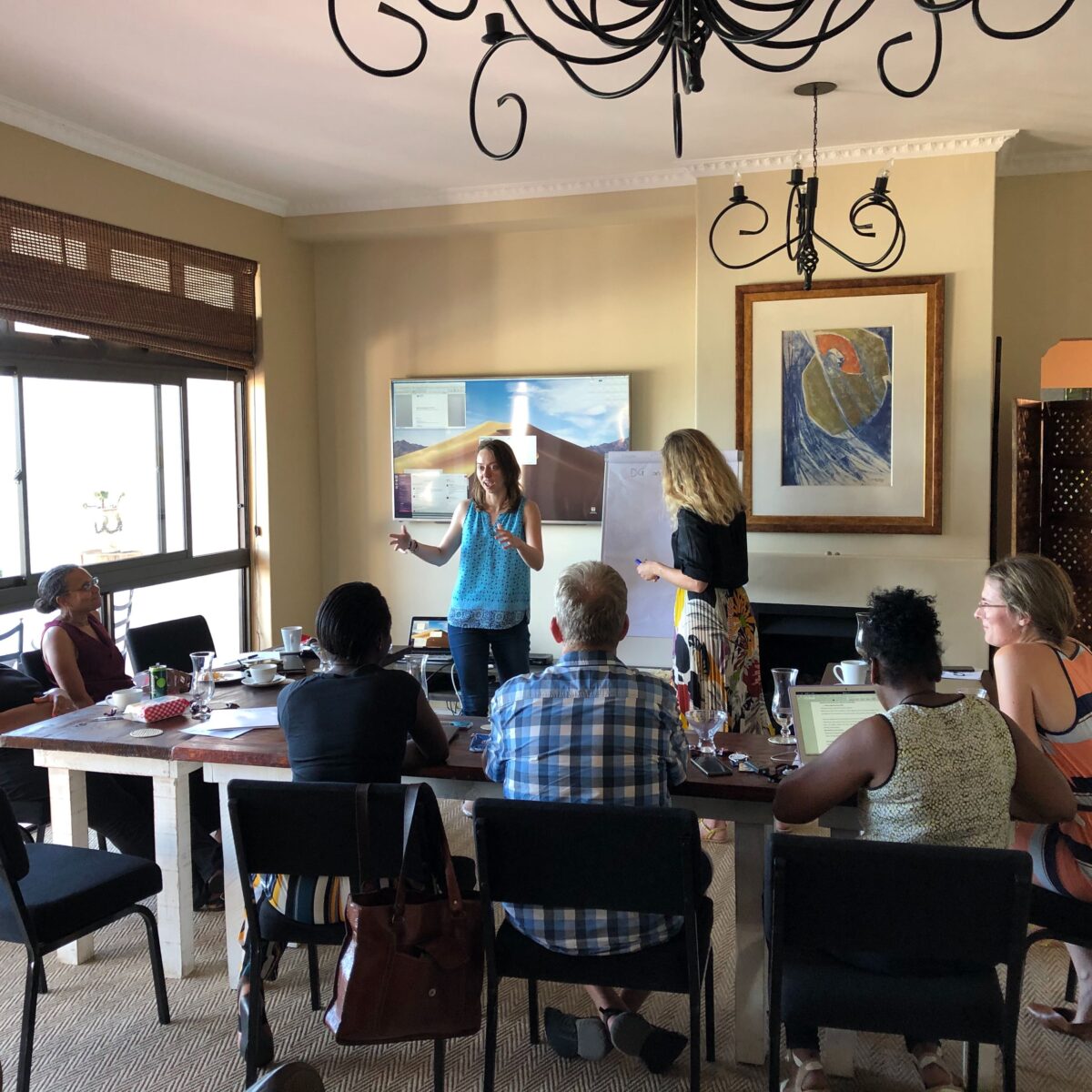
Communicating and sharing our work
DG’s publication library includes resources, reports, white papers, policy briefs based on our data landscaping work, and more.
Written to be useful and usable, our publications are where we share learnings on barriers and incentives to data use, explore new ideas, and contribute to data policy and strategy conversations.
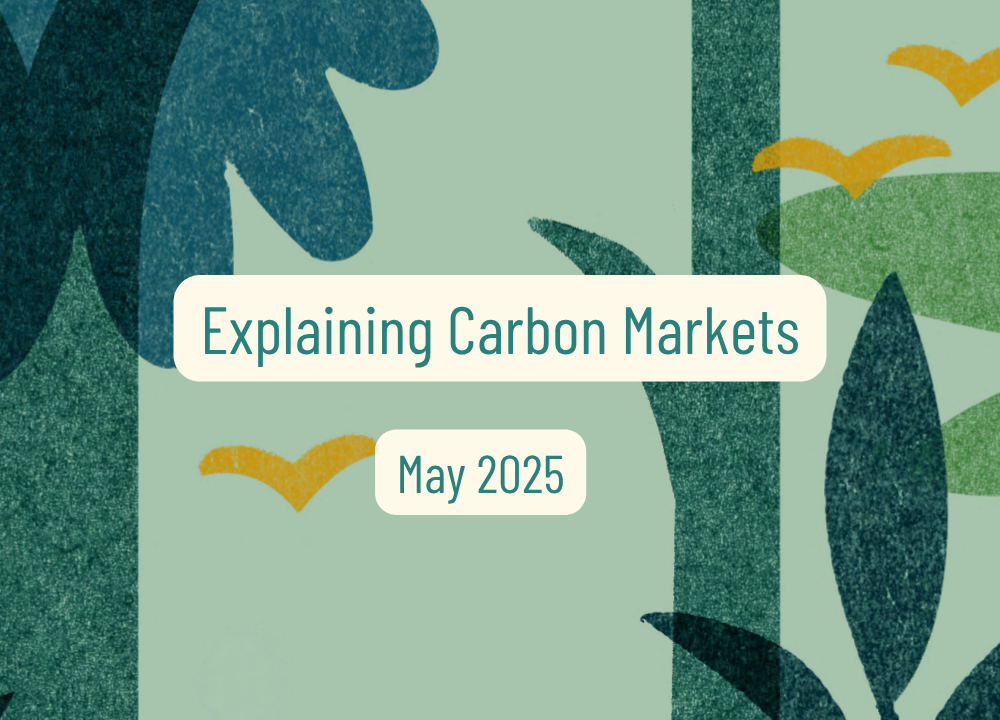
Explaining Carbon Markets
This brief provides an introduction to carbon markets for readers working across the sustainable development, anti-corruption, and civic tech sectors. It outlines the political context behind their evolution, explains the operational procedures of these complex mechanisms, and highlights the fundamental principles essential for building digitally-enabled, high-integrity carbon markets.

Demystifying Interoperability
This paper discusses, in practical terms, what goes into implementing interoperable solutions in partnership with public administrations. Based on 20+ years of DG’s experience, the paper demystifies key components needed to build robust, resilient, and interoperable data systems, focusing on the “how” of data standardization, data governance, and implementing technical infrastructure.

Evidence-Informed Policymaking: Education Data-Driven Decision Mapping in Kenya and Senegal
Development Gateway: An IREX Venture (DG) and our strategic partner IREX, supported by the William & Flora Hewlett Foundation, conducted a study of the education data systems in Kenya and Senegal. In our findings from this study, we underscore the necessity of a harmonized approach to education data management and share insights that provide a valuable roadmap for future reforms and investments in education data systems.

Tracking Climate Finance in Africa: Political and Technical Insights on Building Sustainable Digital Public Goods
In order to combat the effects of climate change, financing is needed to fund effective climate fighting strategies. Our white paper explores the importance of climate finance tracking, common barriers to establishing climate finance tracking systems, and five insights on developing climate finance tracking systems.

Ethiopia’s National Livestock Data Standard
In early 2024, the "a Livestock Information Vision Ethiopia" (aLIVE) governing committee endorsed a comprehensive set of standards to guide the collection, storage, and maintenance of livestock data in Ethiopia (i.e., a data standard). The data standard specifically focuses on standardizing data on cattle, sheep, goats, and camels in the country. The National Livestock Data Standard document contains standardized data sets for national animal data recording, animal disease, diagnosis, treatment, vaccination recording, animal events recording, location, and other additional attributes.

Custom Assessment Landscape Methodology 2.0
Our new white paper re-introduces our flagship methodology, Custom Assessment Landscape Methodology (CALM), to help our partners, collaborators, and teammates better engage with a flexible and adaptive assessment methodology.
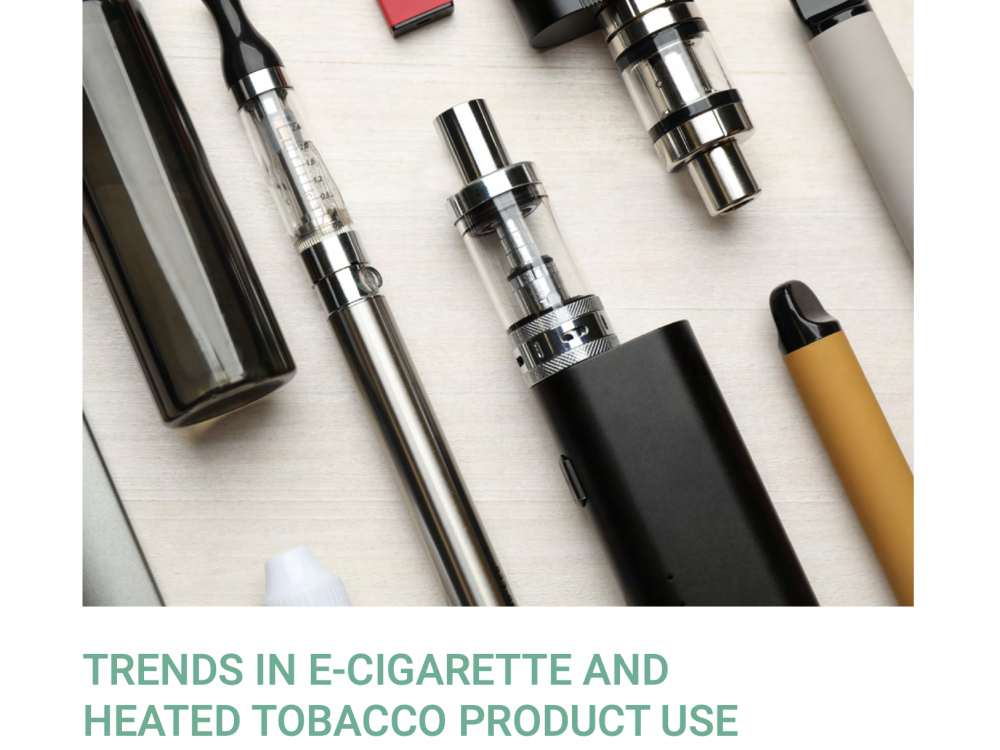
Trends in E-Cigarette and Heated Tobacco Product use in Urban South Africa
This research brief presents a summary of results from a survey which forms part of the Tobacco Control Data Initiative (TCDI) led by Development Gateway: An IREX Venture in partnership with the Research Unit on the Economics of Excisable Products and funded by the Bill and Melinda Gates Foundation. This study, the South African E-Cigarette Survey 2022, contributes to the pressing research and policy questions by estimating consumption patterns of electronic nicotine and non-nicotine delivery systems and heated tobacco products (e-cigarettes).
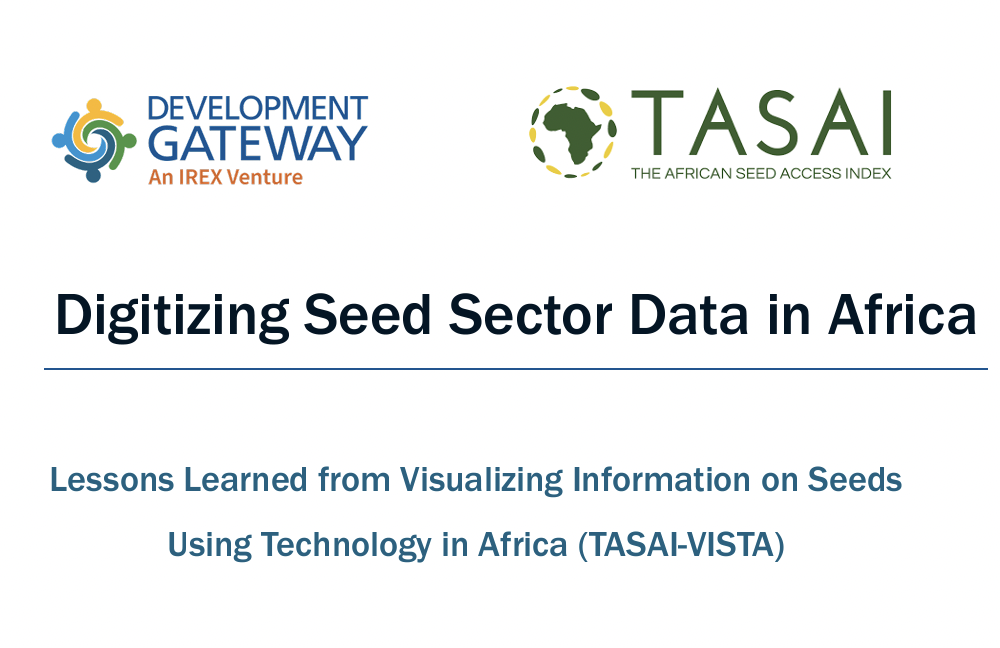
Lessons Learned from Visualizing Information on Seeds Using Technology in Africa (TASAI-VISTA)
This white paper highlights successes and challenges during the implementation of the Visualizing Information on Seeds Using Technology in Africa (TASAI-VISTA) program, as the project comes to a close. It details the data collection, analyses, and stakeholder engagement processes informing the development of a suite of digital tools designed for the TASAI team and outlines lessons learned throughout the project implementation.
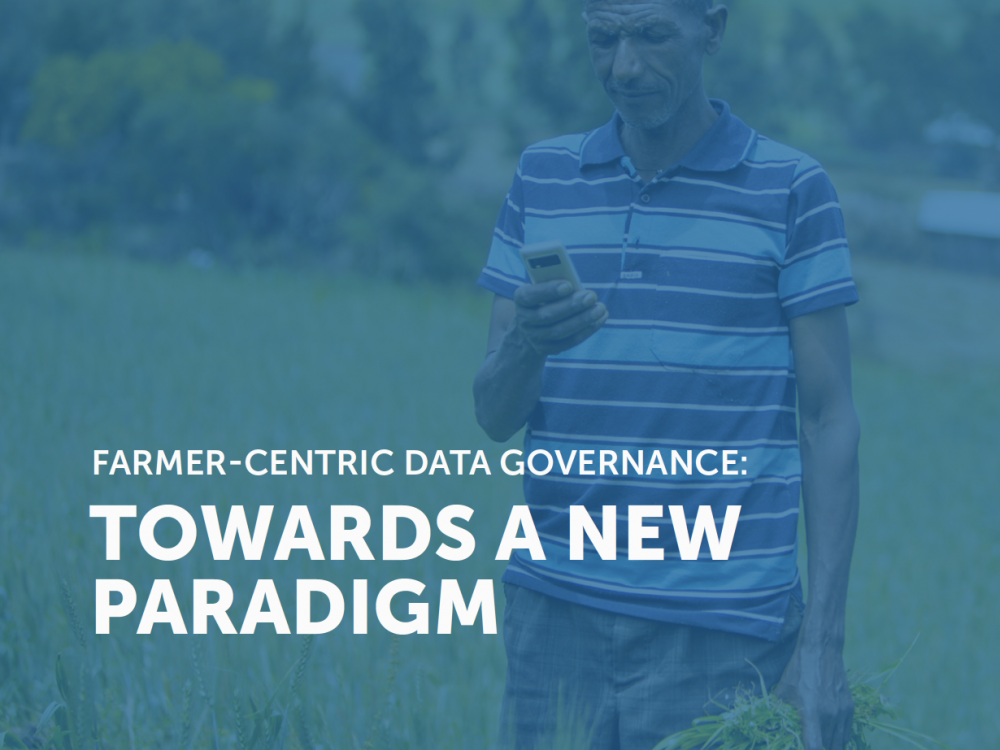
Farmer-Centric Data Governance: Towards A New Paradigm
This report, six deep dives, and nine case studies provide user-centric approaches to data governance that places farmers and their communities at the center of data gathering initiatives and aims to reduce the negative effects of centralized power. The findings are based on literature, interviews, and workshops to gather the experiences of change-makers and aims to raise awareness around the current political economy of agricultural data and its implications; identify user-centric data governance models and mechanisms, particularly in LMICs; demonstrate the purpose, value, benefits, and challenges of these models for all stakeholders, and; identify appropriate and relevant actionable principles, recommendations, and considerations related to user-centric data governance in the agriculture sector for the donor community. This project is made possible by the generous support of the American people through the United States Agency for International Development (USAID), as well as support from the Bill & Melinda Gates Foundation (BMGF). This guide was produced under DAI’s Digital Frontiers Project at the request of USAID and BMGF.
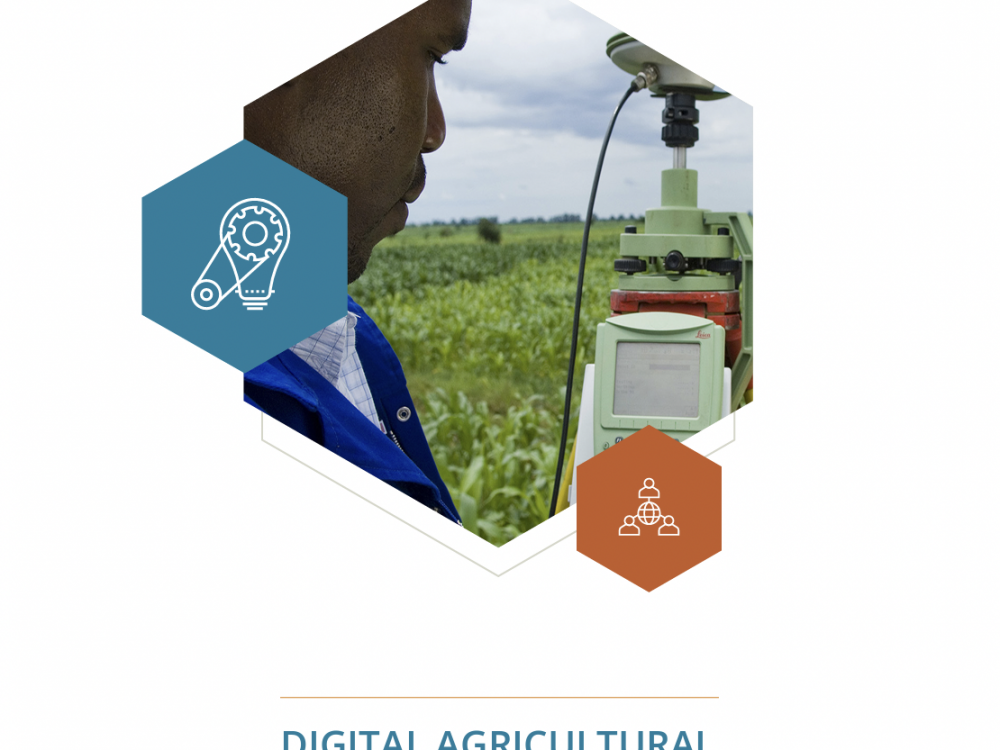
Digital Agricultural Ecosystem in Mali | Ecosystème Numérique Agricole au Mali
Development Gateway: an IREX Venture (DG) and Athena Infonomics conducted an assessment of the digital agricultural ecosystem in Mali between September 2021 and January 2022. The assessment was conducted using DG’s Custom Assessment Landscape Methodology (CALM), which uses a combination of desktop research and mixed data collection methods, including key informant interviews, surveys, and data analysis to understand the context, collect user needs, and identify the links – or missing links – between key stakeholders in a specific sector.